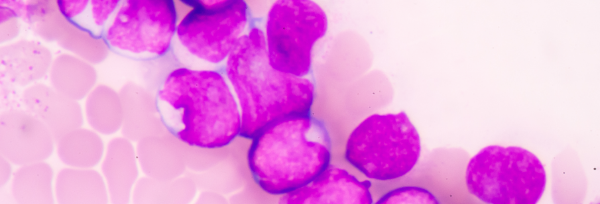Studio Iris 2 against irritable bowel sindrome

Ibodutant for relief of irritable bowel Syndrome
Press Release
Rome, September 20, 2012
IRIS 2 STUDY AGAINST IRRITABLE BOWEL SYNDROME
30 billion euros in 10 EU countries.This what the EU spends each year for IBS. In Italy alone over 3 million people suffer from IBS (irritable bowel syndrome) which is now among the leading causes of absence from work.(¹)
Menarini concluded the IRIS-2 trial on Ibodutant, with positive results. Ibodutant is an original molecule from Menarini Research for the treatment of irritable bowel syndrome and in particular for IBS-D, a subtype of the syndrome in which diarrhea is the primary symptom.
The IRIS-2 trial was conducted in 8 European countries (²) with 559 patients (60% women) selected from a sample of over 1000 patients on the basis of strict criteria according to the severity of the disease The trial has shown to significantly improve symptoms of IBS in about 50% of the treated individuals. Ibodutant, which has already proven to be safe and well tolerated in previous studies, has been shown to be effective on abdominal pain and on all symptoms accompanying IBS-D from the first week of administration. The next step for Menarini will be to start phase III clinical studies in which researchers from the Florentine pharmaceutical company will confirm Ibodutant’s efficacy and safety data on a much larger sample of patients.
"We started planning the IRIS-2 trial in 2009. The first patient began treatment with Ibodutant in October 2010 and the last one completed it in May 2012. The Ibodutant molecule was "born" in Menarini’s research laboratories in Florence in 2002 and development began in 2004. The roots of this project, however, are more remote and practically coincide with the birth of Menarini Research, which in the 80s and 90s made a series of scientific discoveries that created the know-how necessary for the successive phase of development," said Carlo Alberto Maggi, Director of Research and Development at the Menarini Group.
These findings, published in leading international scientific journals, have provided the basis for numerous awards won by Menarini researchers, five of whom have been included in the ranking of the most cited pharmacologists in the world between 1981 and 1999 by ISI (Institute for Scientific Information), a record that no other company in the world, including large multinationals, holds during this period.
Angela Capriati, Director of Clinical Research of the Menarini Group, says, "We are very pleased with the results. The level of benefit shown by Ibodutant and its tolerability were never demonstrated by any other treatment. The effect is particularly evident in women - more than 50% of them have reported 'satisfactory relief' of symptoms during the treatment."
- Irritable bowel syndrome has a very heavy impact on the quality of life and has high social costs. The disease has a fluctuating trend, but tends to be chronic or subchronic. Although there is no evidence that the presence of IBS involves the deterioration in patient life expectancy, it is equally true that the quality of life of patients with IBS is strongly affected by the disease. Just for example, the basic characteristics (the conditions before the start of treatment) of patients recruited for the IRIS-2 clinical trial indicate that these people had an average of 4-5 episodes of diarrhea per day with watery or runny stools. Patients thus experience severe impairment in relationships and at the workplace.
To cite some general data on the economic and social costs of IBS for the EU, it was estimated that in the 10 principal EU countries, treating IBS patients costs the EU 28.4 billion euros per year (estimate 2003). This figure takes into account the costs for doctor visits, medication, hospitalization, diagnostic tests (direct costs) as well as those for absence from work and reduced productivity (indirect costs).
In fact, it has been estimated that the lack of valid therapies and a decrease in the quality of life correspond to three times the absences from work for patients with IBS than in subjects who do not have gastrointestinal diseases, and to a loss of productivity by at least 20% with high costs for the national economy.
In the U.S., the total cost for society (direct and indirect costs) to treat IBS has been estimated at $33 billion per year (1992 figures). - Patients were recruited in 8 countries, at 71 centers in Italy, Germany, Denmark, Spain, Sweden, Bulgaria, the Czech Republic and Poland. The study numbers:
The trial coordinator was Professor Jan Tack, Professor of Medicine, Department of Gastroenterology, University of Leuven in Belgium.
For further information, click here























